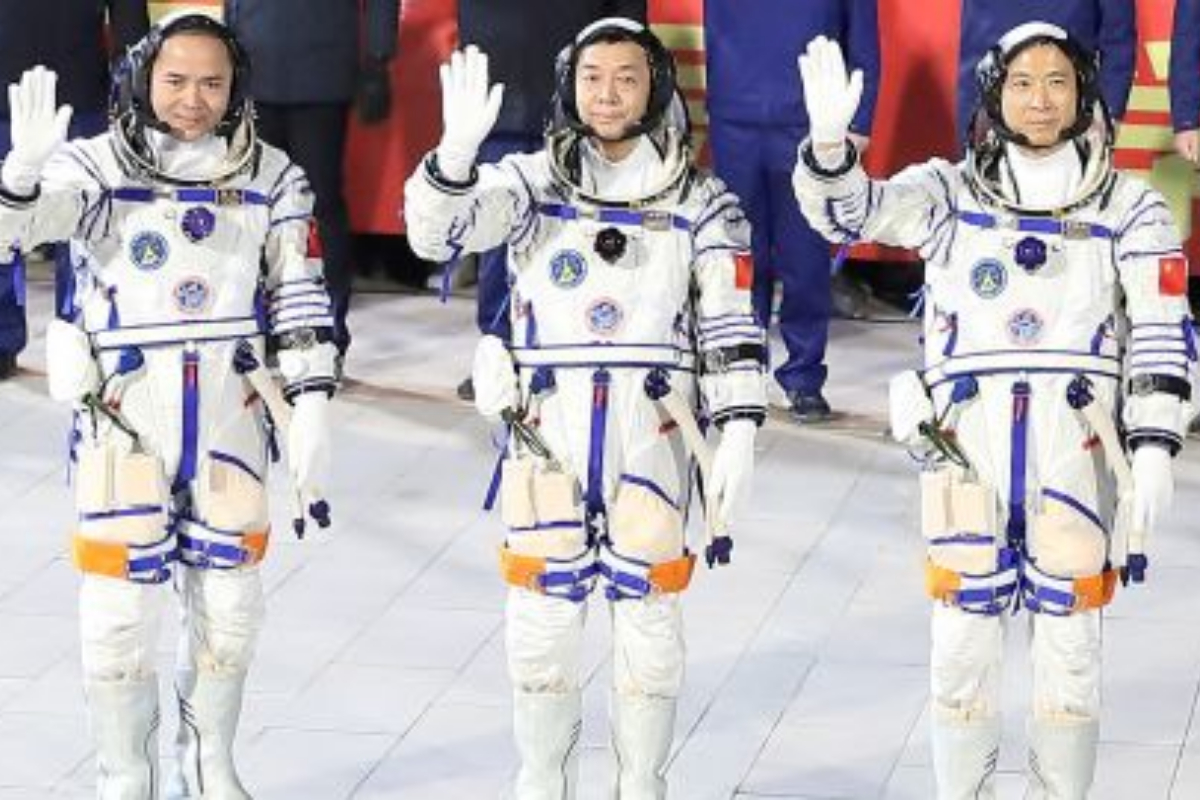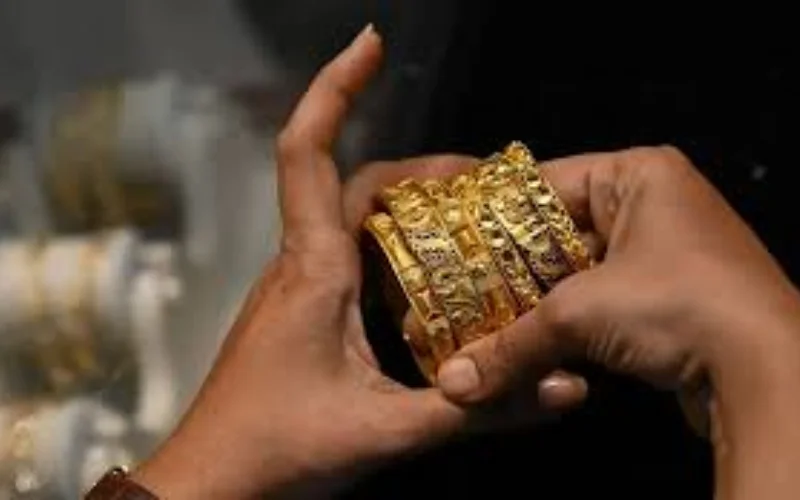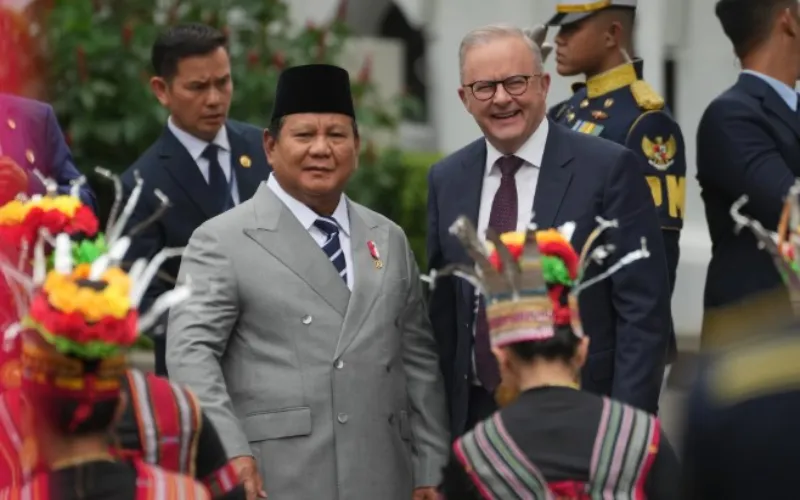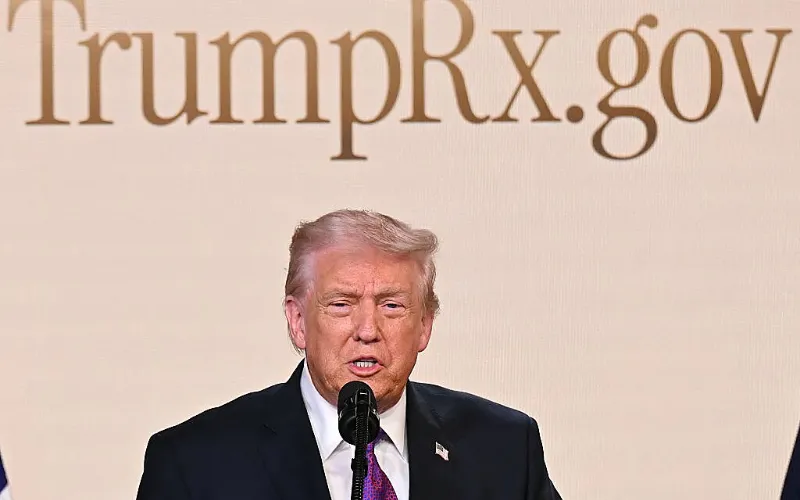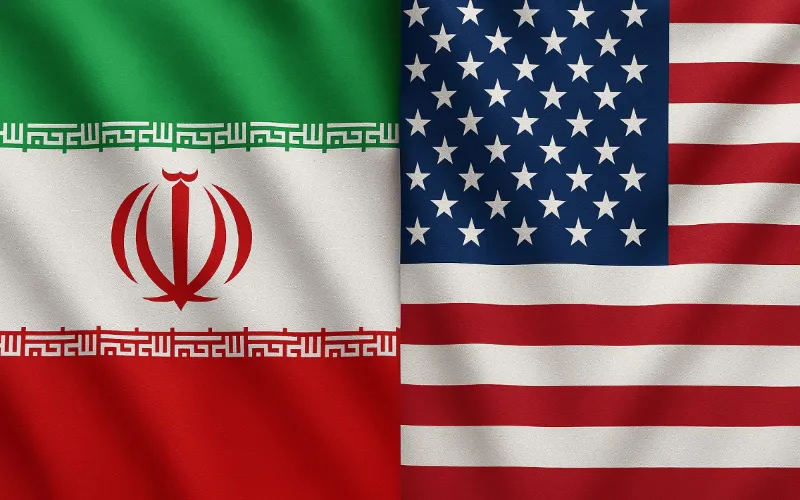- 3 Chinese astronauts arrive at the station to board for the new space mission.
- The spacecraft docked more than six hours after launch.
- Shenzhou-14 will return to Earth following a one-week handover.
Three Chinese astronauts arrived at China’s space station Wednesday for the first in-orbit crew rotation in Chinese history, launching the second inhabited outpost in low-Earth orbit after NASA’s International Space Station.
Shenzhou-15, or “Divine Vessel,” and its three passengers launched on a Long March-2F rocket from Jiuquan Satellite Launch Centre at 11:08 p.m. (1508 GMT) Tuesday in the Gobi Desert in northwest China, according to official television.
Shenzhou-15 was the last of 11 missions to assemble the “Celestial Palace” multi-module station. Launched in April 2021.
The spacecraft docked more than six hours after launch, and the three Shenzhou-15 astronauts were greeted with hugs.
Shenzhou-14 will return to Earth following a one-week handover that will demonstrate the station’s ability to temporarily maintain six astronauts, another milestone for China’s space program.
The Shenzhou-15 mission gave the nation a rare occasion to celebrate as China’s economy cools amid domestic and international challenges.
Chinese netizens posted “Long live the motherland.”
“Celestial Palace” capped 20 years of Chinese space flights. Yang Liwei, a former fighter pilot, became China’s first man in space in 2003 aboard the bronze-colored Shenzhou-5. He was cheered by millions back home.
The space station was an emblem of China’s growing influence and confidence in its space endeavors and a challenger to the U.S. after being isolated from the NASA-led ISS and forbidden by U.S. law from any participation with the American space agency.
[embedpost slug = “/nasa-orion-spacecraft-enters-lunar-orbit-officials/”]
Future ‘Taikonauts’
Fei Junlong, 57, participated in China’s first astronaut training class in the late 1990s. 17 years ago, he led China’s second crewed spaceflight.
Deng Qingming, 56, had trained as an astronaut for 24 years before Shenzhou-15. Zhang Lu, 46, a veteran air force pilot, joined them.
Six months will be spent on the T-shaped outpost.
The next group of “taikonauts” to join the station in 2023 will be third-generation scientists. First and second-generation astronauts were all air force pilots.
China has begun selecting applicants with doctorates in biology, physics, chemistry, biomedical engineering, and astronomy.
Hong Kong and Macau applicants can now apply.
China will fly two crewed flights to the space station each year during the next decade.
Resident astronauts will undertake more than 1,000 scientific studies, from plant adaptation to fluid behavior in microgravity.
While still in its infancy compared to NASA’s technologies and experience, China’s space program has come far since Mao Zedong bemoaned that China couldn’t even send a potato into orbit.
[embedpost slug = “/nasa-converts-black-hole-light-echoes-to-sound-viral-video/”]

